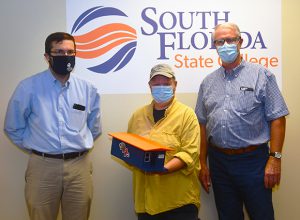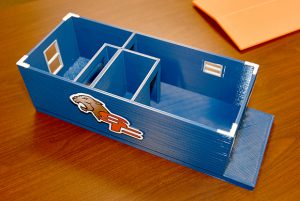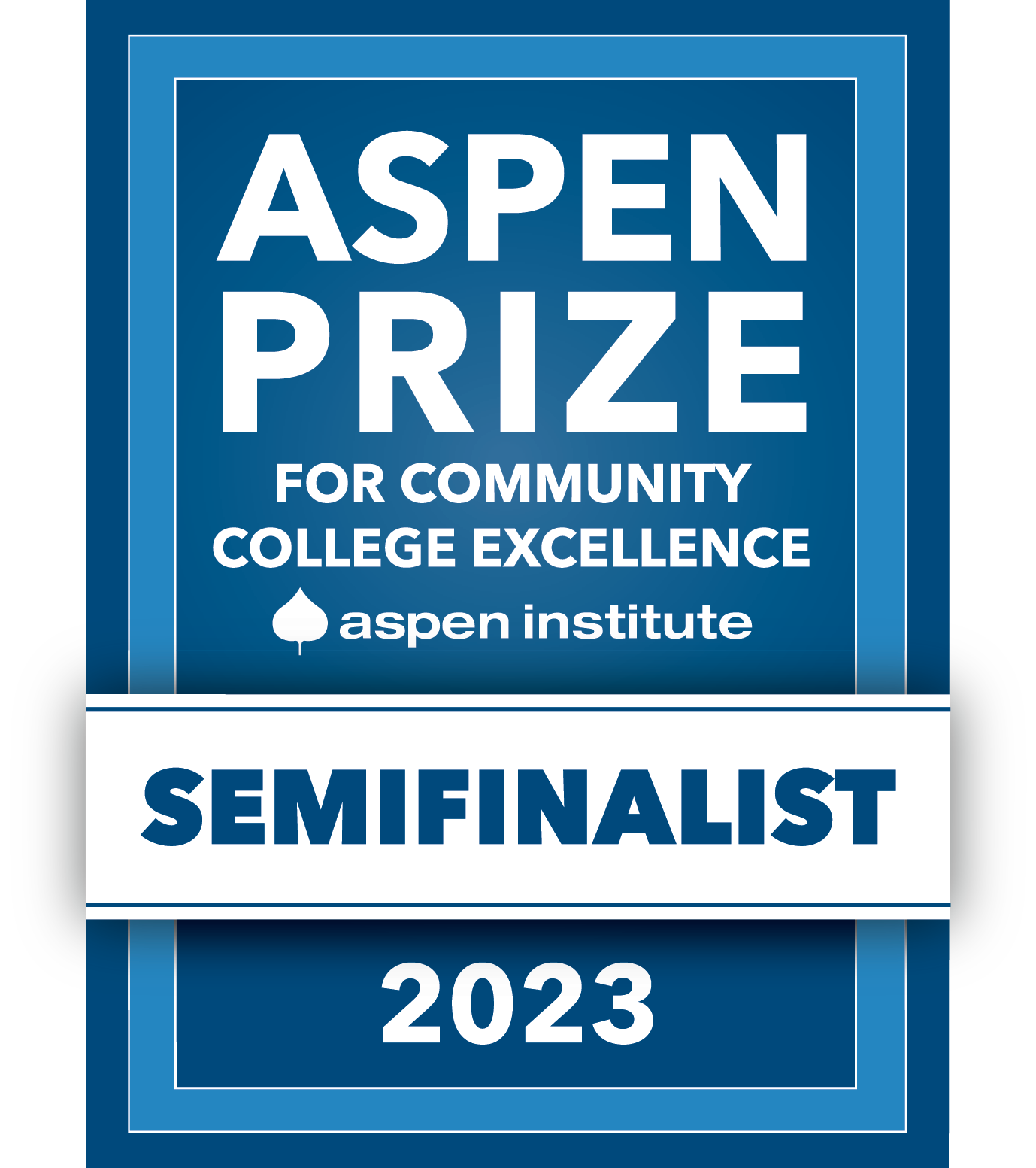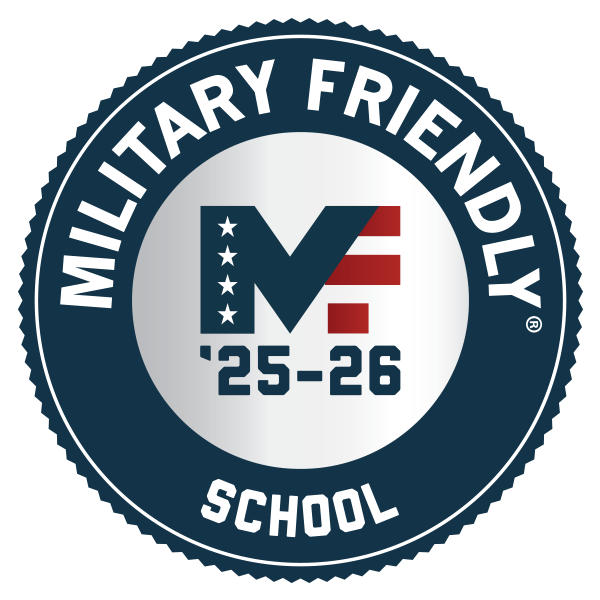- Welcome
- Campus Maps
- History
- Mission Statement
- Accreditation
- Administration
- Employment
- Human Resources Employment Process FAQ
- Position Vacancies
- Salary Schedule (PDF)
- Employee Benefits
- Paid Holidays
- Employee Handbook (PDF)
- Faculty Handbook (PDF)
- BENCOR Special Pay Plan (PDF)
- Social Security Collection and Usage
- Affordable Care Act Notice (PDF)
- Social Security Disclosure Summary (PDF)
- Tobacco-Free College
- Drug-Free Workplace & Campuses
- Technology Usage Acknowledgement (PDF)
- Employee Safety Manual (PDF)
- SFSC’s Annual Security and Fire Safety Report (PDF)
- Calendars
- News
- Social Media
- Honoring Our Retirees
- Celebrating Our Trustees
AVON PARK, Fla. — Aug. 26, 2020 — Leslie Behm, CEO of Hope Haven Transitional Housing, has a dream to help her clients in Highlands County get back on their feet by offering them a place to call their own. Those clients are homeless veterans, elderly, individuals, and families. When she spoke with Dr. Thomas C. Leitzel, president of South Florida State College (SFSC) about her plan, he saw a way to benefit her organization as well as the College’s students. So, later in the fall term, SFSC students in Basic Carpentry/Roofing and Basic Construction-Electrical classes will begin work on two tiny homes for Hope Haven.
SFSC recently started a Construction and Utility Trades program that offers eight-week courses in Basic Carpentry/Roofing, Basic Masonry, Basic Construction Plumbing, and Basic Construction-Electrical.
“Our Basic Carpentry/Roofing course kicked off on Aug. 3 and the Basic Construction-Electrical kicked off on Aug. 10,” said Fred Hayes, coordinator of SFSC’s Trades program. “Once the students get to the midpoint in their training, we should be able to spend time in the field working on these projects for about three or four weeks. Then, when the next class rolls around, it’ll be a four-week delay before we get back again because the next class needs its four weeks of in-house training. Then we can go back out and work on the tiny house.”
Behm’s plan is to begin her multiphase project by building eight tiny homes. “They’re going to be located at EO Douglas Avenue in Sebring,” she said. “It’s close to the Highlands County School Board.”
Unlike the tiny homes audiences see on television programs that focus on home design, decorating, and rebuilding, Hope Haven’s tiny homes will be more modest in cost and design. “These are not $40,000-$60,000 homes,” Behm said. “These are under $8,000 homes which is much more affordable for everyone involved. They’ll have everything that you and I have—a living room, a bedroom, a bathroom, and a kitchen. They’ll be 386 sq. ft. They’ll be efficient, so the electric bill is not going to be $200-300 a month and the water bill won’t be $100. These homes will be something that my clients can afford. These first eight homes will be for singles or couples only.”
Hayes and the SFSC Trades program students will be ready to go to work shortly. “Leslie Behm said the septic systems will be put in before we get there and then we could have the reigns on the project to pour the concrete pad and get it ready to go. Then we’ll work on the framework, the rough structure, and do the drywall work, as well as build the roof. The electrical class would do the electrical work on the inside, so this project benefits students in our Trade programs.”
The community and Highlands County have gotten behind the tiny house program. “This project will be going forward with the help of the community, especially churches,” she said. “Several churches have stepped up and really provided a good backing.”
Behm has plans to build tiny houses on other sites in Highlands County and indicated that private citizens have donated land. However, she continues to speak to groups in the community to explain what the tiny house project is and what the houses will look like. To assist Behm in her efforts, Garrett Lee, SFSC Engineering program coordinator, created a miniaturized model of the tiny house with the aid of the College’s 3D printer. “People can actually see the tiny house in a full 3D view and understand a little better than having to figure it out based on the plans and layout. We were able to put together a prototype of the house in a couple of days. We printed the main body in one day and printed the roof another day, then put the two together.”
Lee explained that 3D printing is a component of Mechatronics—computer-controlled manufacturing. He explained that 3D printing is useful for rapid prototyping or one-offs. “In this case, we were able to come up with something and hit ‘print.’ The next day, you may want to tweak it a bit, hit ‘print,’ come back and check it again. To try to have this made out of something else would have been to do it with molding. You’d have to craft the dies and then it would be a month-long project. If something wasn’t right, you’d have to mold a whole new set of dies.”
“I’ve done a lot of presentations to churches, Rotary clubs, and private groups that are interested in the project and to individuals who want to help,” said Behm. “They want to know exactly what it is I’m talking about and they want to see it. Garrett knocked the model out of the park. The 3D tiny house model is small enough and lightweight enough that I can turn it around when I do presentations, and everybody will understand and see what I’m talking about.”
Behm is passionate in her assistance to the homeless in Highlands County and has maintained the Safari Inn in Sebring as a refuge. “We have a need in Highlands County for affordable housing for the homeless. Our facility at the Safari Inn is constantly filled, so I decided that we’re going to build tiny homes so we can move people out of this facility into their own places. These homes will provide normalcy for them. Everybody thinks that because someone is homeless, it’s because of drugs or alcohol. But that’s not the case for some of these people. Some have just fallen on hard times, and now with COVID-19, everyone’s fallen on bad times. For instance, we have families — mom and dad just lost their jobs, lost their home, and have nowhere else to go, so they’re out there.”
“It’s been hard work finding good people who understand the need and everything that has been donated. But I love what I do,” she said. “I just want to see it through and get this rolling and show everyone what we’re talking about.”
For detailed information about any of SFSC’s Construction and Utility Trades courses, see the catalog at southflorida.edu/corpedschedule, call 863-201-7195, or email corporatetraining@southflorida.edu. To register for any of the Construction and Utility Trades courses, call 863-784-7405.
To learn more about SFSC’s Mechatronics program, visit southflorida.edu and look under “Future Students” and “Degrees & Programs,” email leeg@southflorida.edu, or call 863-784-7439.






